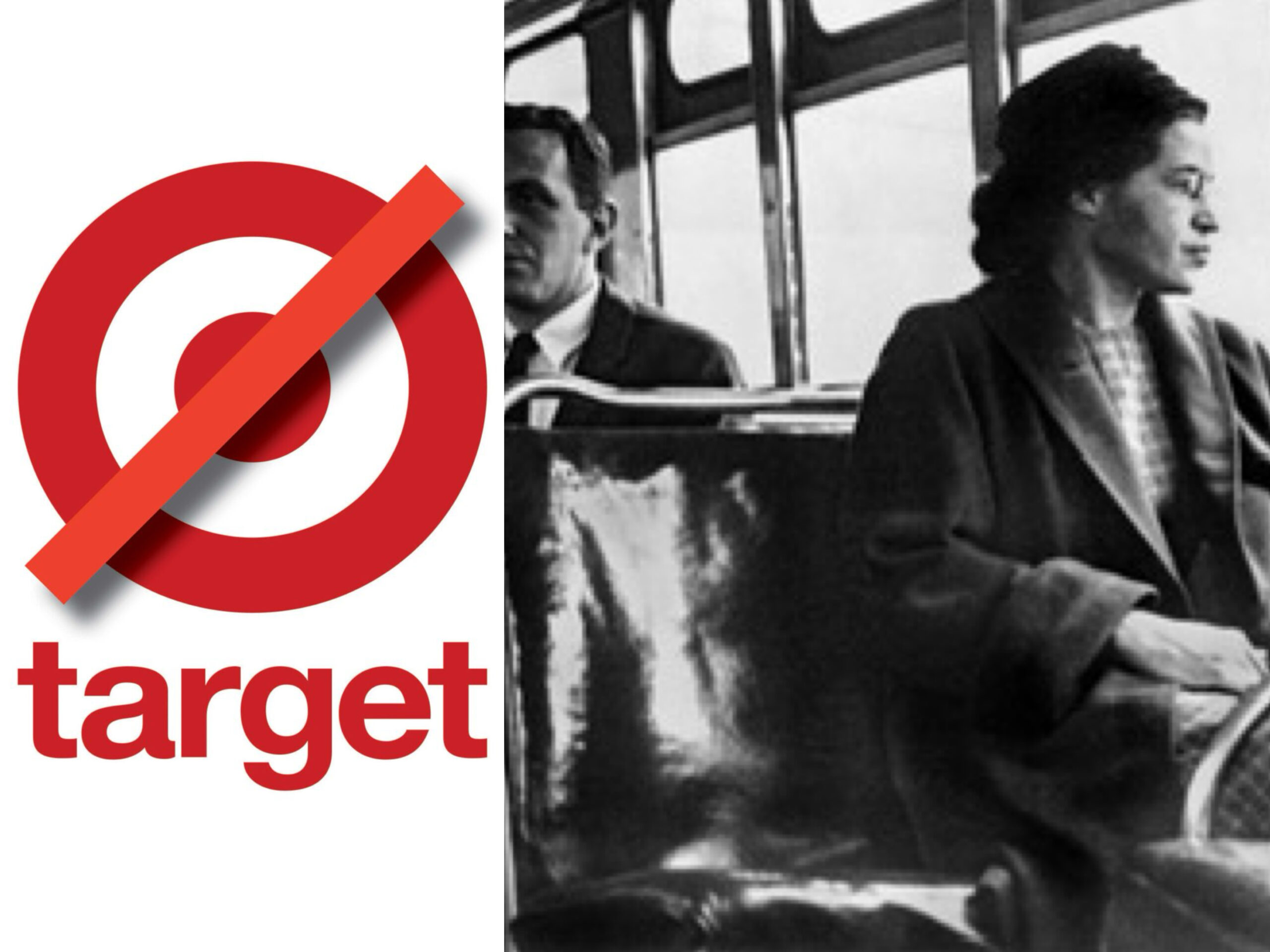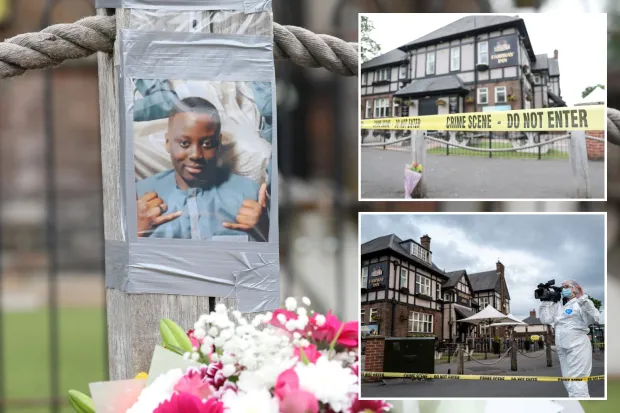
Target Boycott Called One of the Most Impactful Black-Led Boycotts Since Montgomery
In recent months, a consumer boycott against Target has drawn national attention—not only for its scale, but for the significant financial impact it’s had on the retail giant. Sparked by concerns over the company’s rollback of diversity, equity, and inclusion (DEI) efforts, the boycott was led by Black pastors and activists who accused Target of retreating from its public commitments to marginalized communities.
The backlash began after Target removed certain Pride-themed merchandise from stores and quietly scaled back DEI programs, including support for Black employees and businesses. Critics argued that the move was a response to political pressure and signaled a deeper abandonment of inclusion.
According to faith leader Pastor Jamal-Harrison Bryant, the boycott has become one of the most successful Black-led economic protests in recent history—drawing comparisons to the Montgomery Bus Boycott of the 1950s. Reports estimate that Target lost approximately $12 billion in market valuation. Additionally, the company’s CEO, Brian Cornell, reportedly saw his compensation cut by 43%, and the company experienced a 3.8% drop in quarterly sales.
While Target has not officially acknowledged the full extent of the boycott’s influence, many observers view the financial consequences and public criticism as a direct result of organized resistance—especially across Black faith and advocacy networks.
The movement has also encouraged a renewed push to support Black-owned businesses, particularly those led by Black women. Social media campaigns tied to the boycott promoted alternatives to Target, urging communities to redirect their spending toward companies that uphold their values.



